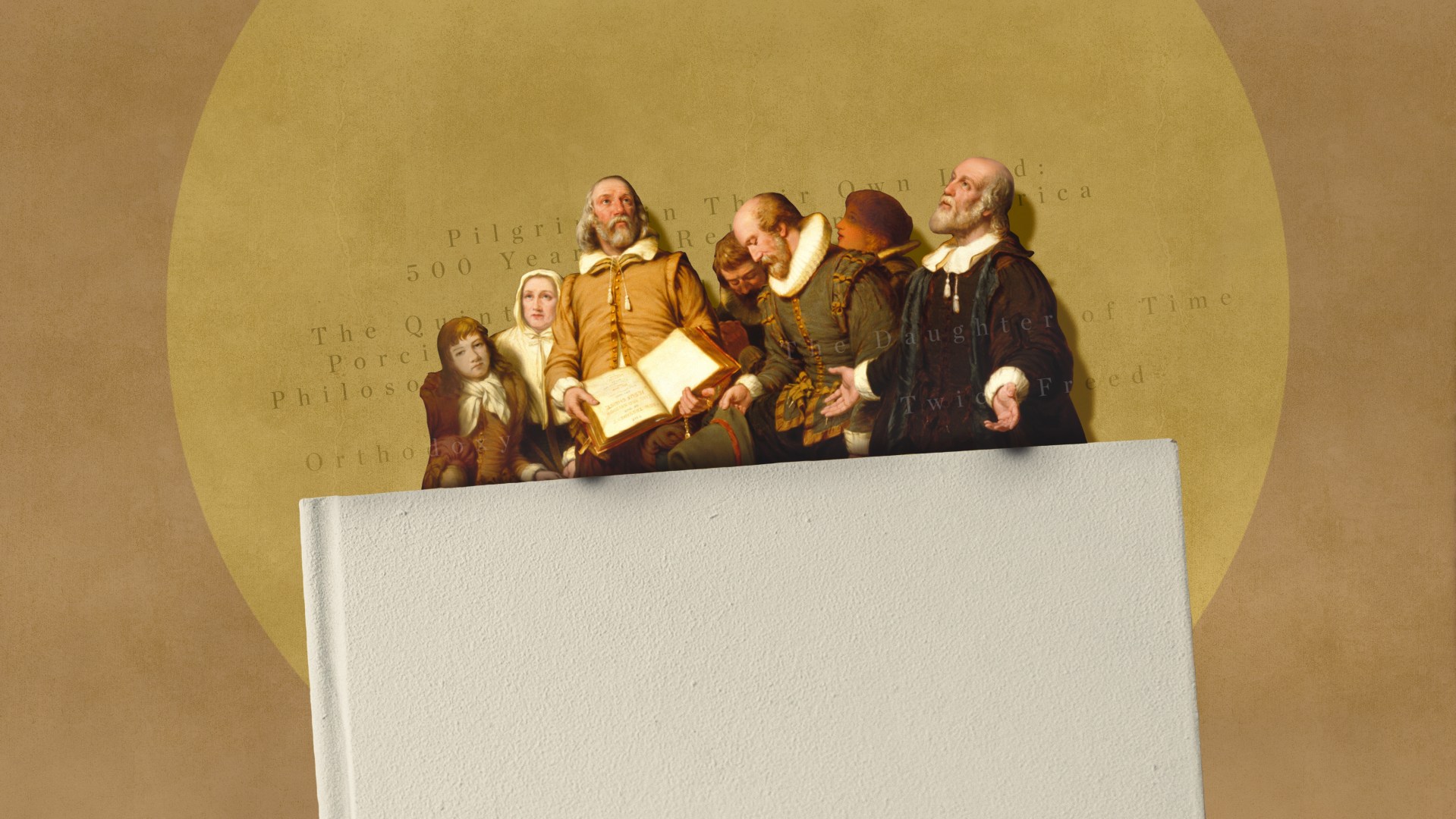G. K. Chesterton
This is Chesterton’s story of setting out to believe something new and different and instead falling in love with the old, old story of Christianity. It awakened my interest in church history, with its marvelous picture of the church journeying through the ages, leaving “the dull heresies sprawling and prostrate, the wild truth reeling but erect.” If you’ve ever thought history or theology was boring, Chesterton will change your mind.
Patricia St. John
We know there was a story behind the Book of Philemon. Novelist St. John imagines it here—and, having read this book, you will have trouble believing it could have happened any other way. All the names from the epistle live and breathe on the page as real people with plausible stories and motivations, set against a well-sketched backdrop of pagan society and early Christian community. This is historical fiction at its finest, and I cry every time I get to the last three pages.
Josephine Tey
In this mystery novel, a Scotland Yard detective decides to investigate what really happened to the Princes in the Tower—believed for centuries to have been murdered by King Richard III. What follows is a master class in learning and writing history and an important caution against thinking that any particular historical approach or perspective is without bias—especially our own.
Pilgrims in Their Own Land: 500 Years of Religion in America
Martin E. Marty
As an in-over-my-head freshman, I read this book in my very first college history class. It was the first book that made me realize American religion could be studied; that I could hold my Christian belief while stepping back and examining it. Although Marty’s “modern” section is now nearly a half century old, he remains a brilliant, detailed writer with salient insights into American Christianity today.
The Quintessential Porcine History of Philosophy and Religion
James Taylor
In the early 1970s, a religion professor sat down and drew a few pigs to illustrate the history of Western philosophy and religion. His book is laugh-out-loud funny—I would say it punctures a number of Christian sacred cows, except they’re, well, pigs. My favorites are probably the Boethian Pig being consoled by philosophy and the Spiritual-but-Not-Religious Pig, shown going to church online with a coffee cup.










